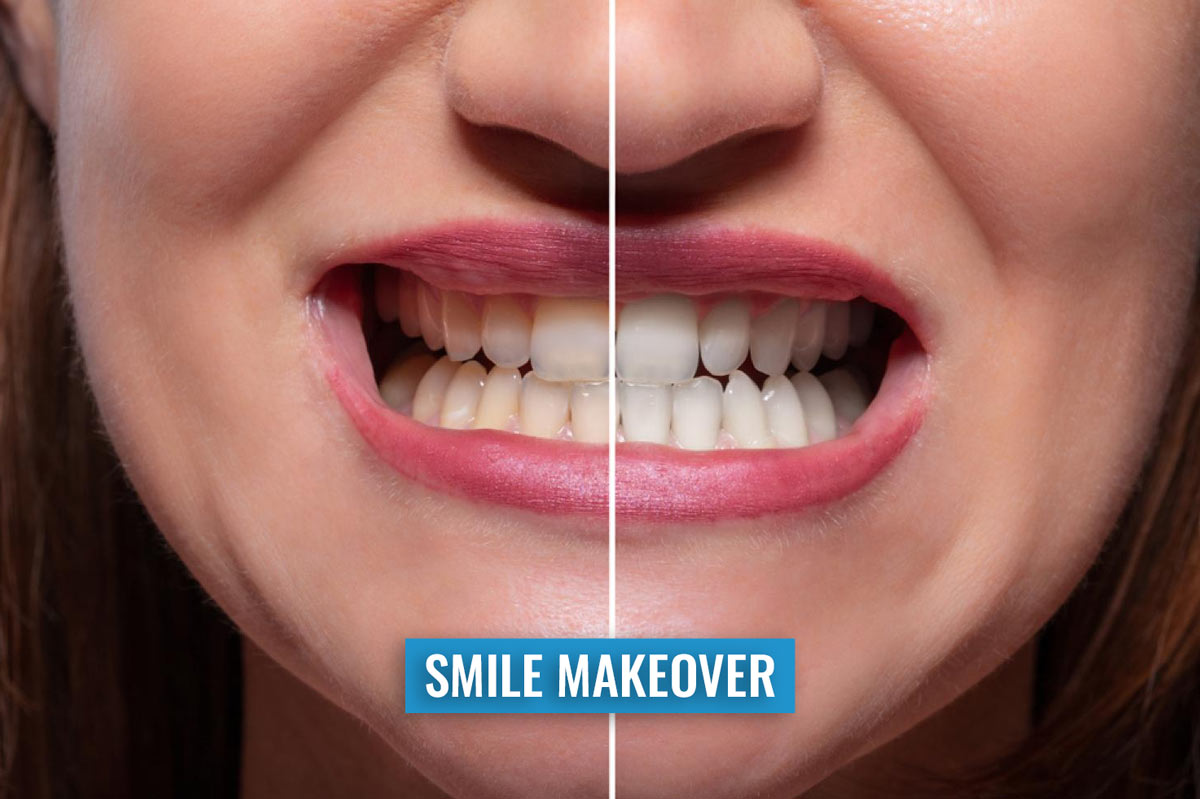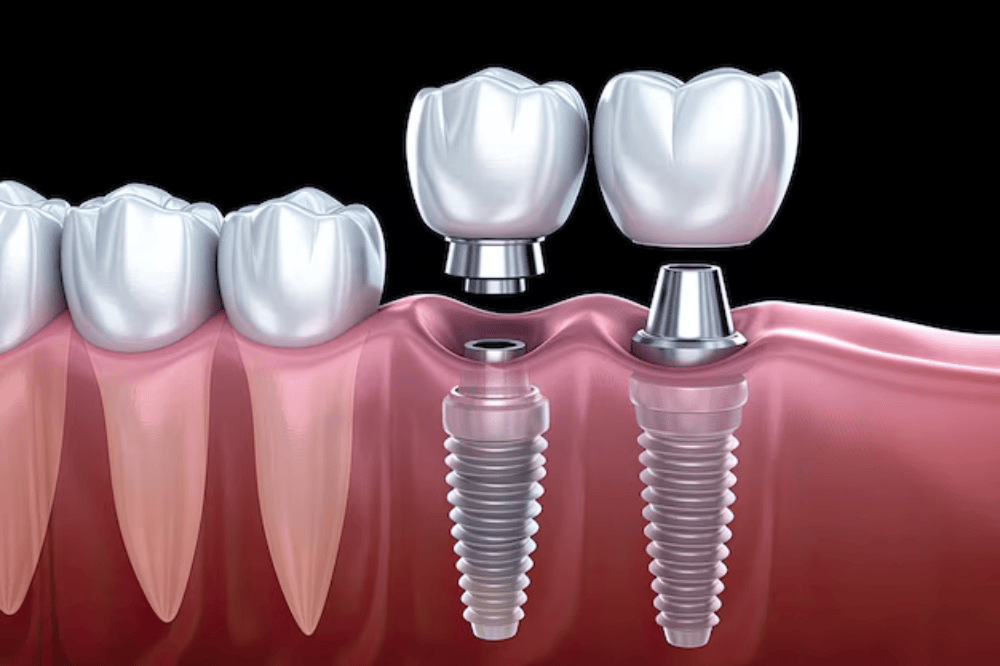
Categories of Periodontal Health
Understanding the health of your gums is critical to preventing long-term oral complications like tooth loss or bone damage. At Plano Family Dental, we use a clear system to categorize your periodontal (gum) health based on plaque levels, calculus (tartar), bleeding, pocket depths, and bone loss.
Below is a breakdown of the 10 clinical categories we use to assess gum and bone health:
Category 1: Healthy Gums
- Minimal plaque
- No calculus (tartar)
- No gum tissue changes
- Pocket depths of 1–2 mm
- No bleeding
Category 2: Early Signs
- Minimal plaque
- Slight supragingival (above-gum) calculus
- Gums appear healthy overall
- Pocket depths of 1–3 mm
- Minimal bleeding
From this point forward, periodontal disease is considered active and should be closely monitored and treated.
Category 3: Early Gingivitis
- Visible plaque
- Some supragingival calculus
- Beginning changes in gum appearance
Category 4: Moderate Gingivitis
- Noticeable plaque and calculus
- Gums show changes in color, texture, and shape
- Beginning pocket formation
- Pocket depths: 2–4 mm
- Moderate bleeding
Category 5: Early Periodontitis
- Plaque and moderate subgingival (below-gum) calculus
- Gum changes with mild bone involvement
- Pocket depths: 3–5 mm
- Moderate bleeding
Category 6: Moderate Periodontitis
- Plaque and subgingival calculus
- Pocket depths: 4–6 mm
- Moderate to severe bleeding
- Signs of horizontal bone loss
- Possible tooth mobility
Category 7: Advanced Periodontitis
- Plaque and calculus
- Pocket depths: 5–7 mm
- Both horizontal and vertical bone loss
- Moderate to severe bleeding
- Tooth mobility is more likely
Patients in Categories 8–10 should be referred to a periodontist for specialized care.
Category 8: Severe Bone Loss
- Mobile teeth
- Significant horizontal and vertical bone loss
- Heavy bleeding
Category 9: Chronic or Complex Cases
- Variable pocket depths
- Moderate to severe bleeding
- Possible vertical defects
- History of unsuccessful treatments
- Poor oral hygiene habits and inconsistent follow-up
Category 10: Refractory Periodontitis
- Highly aggressive and invasive periodontal disease
- Does not respond to standard therapy
- Requires complex, ongoing care
What to Do If You're at Risk
If you’ve been diagnosed with periodontal disease—or you’re unsure about your gum health—Dr. Varun Joseph and our team at Plano Family Dental are here to help. We offer early intervention, personalized periodontal care, and referrals to specialists when needed.
To get started, schedule an exam today or call us at (9
Related Posts

Smile Makeover Option for Busy, Working Adults

Dental Implant Lifespan: What Affects Their Durability?

Dental Cleaning Frequency: How Often Should You Visit the Dentist?
%202.13.24%E2%80%AFp.m.-min.avif)
Award-Winning Dentistry for You
Serving for over 40+ Years
Experience relationship-based care.
.png)


